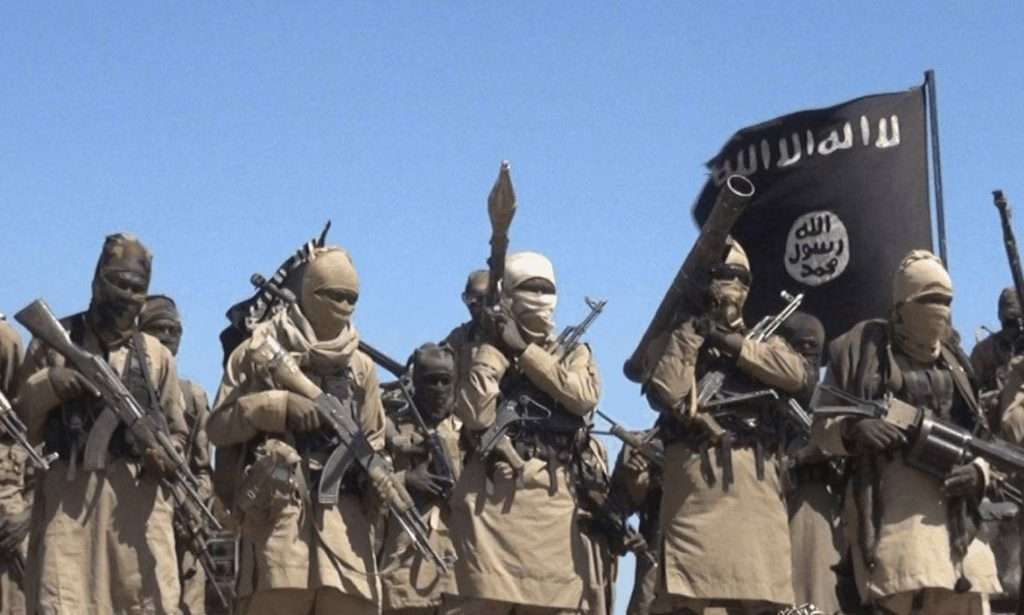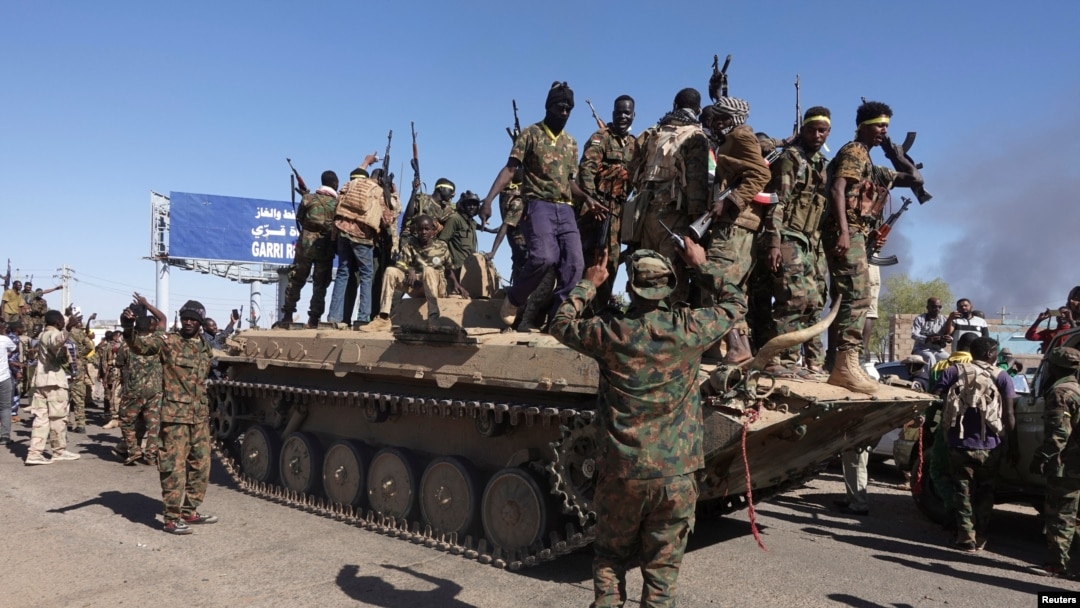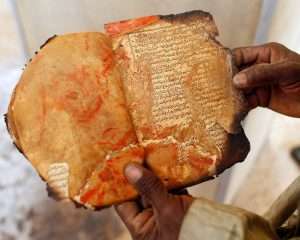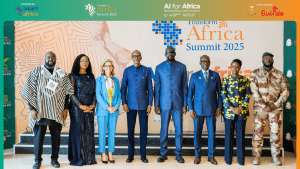Africa: the global epicentre of the Islamic State

A report published by Geopolitical Monitor on August 19th declared Africa the global epicentre of the Islamic State (ISIS), citing the group’s successful transformation as central to this shift.
ISIS has evolved from a centralised organisation into a “lethal, autonomous… constellation of local insurgencies,” with Africa, the “world’s most fragile continent,” at its centre. Once operating like an empire, ISIS now functions as a remote “global franchise,” with propaganda maintained through its Al-Naba newsletter. Its provinces (wilayats) operate with operational and financial autonomy, enabling resilience after leadership losses.
Today, 90% of ISIS-claimed terror attacks occur on African soil, where multiple crises fuel insurgencies in three regions. In the Sahel and the Lake Chad Basin, the Islamic State in West Africa Province (ISWAP), a Boko Haram offshoot, conducts attacks whilst providing alternative governance in the place of corrupt and ineffective states. Its rival, the Islamic State in the Greater Sahara (ISGS), exploits ethnic divisions in Mali, Burkina Faso and Niger. Coups in these Alliance of Sahel States (AES) have expelled European forces, leaned towards Russia and weakened international counterterrorism efforts.
Further south, ISIS affiliates terrorise Mozambique’s Cabo and Delgado province and eastern Congo. Islamic State – Mozambique (ISM) threatens gas projects, whilst the Allied Democratic Forces (ADF) carries out massacres, with both exploiting economic exclusion and state violence. These groups fund themselves through extortion, kidnapping, smuggling and raids, building local war economies.
The report warns of a “dangerous gap” between the scale of the threat and the resources deployed against it. Root causes, including corruption, poor governance, inequality and a lack of opportunity, remain unaddressed. Without holistic strategies combining security with development, diplomacy and local resilience, jihadist violence will only deepen.
2025 is likely to see an even stronger “caliphate of the mind,” with insurgencies embedding further into local conflicts. Eradicating them grows harder as they link to grievances over governance, ethnicity and resource distribution.
The report calls for long-term, coordinated and patient commitment by African states and their international partners, prioritising good governance and economic equality over quick tactical wins. The fight against ISIS is no longer a struggle for Raqqa or Mosul, it’s for legitimacy and the right to survive across the neglected villages and open borders of Mali and beyond.
Geopolitical Monitor, Maghrebi
Want to chase the pulse of North Africa?
Subscribe to receive our FREE weekly PDF magazine














